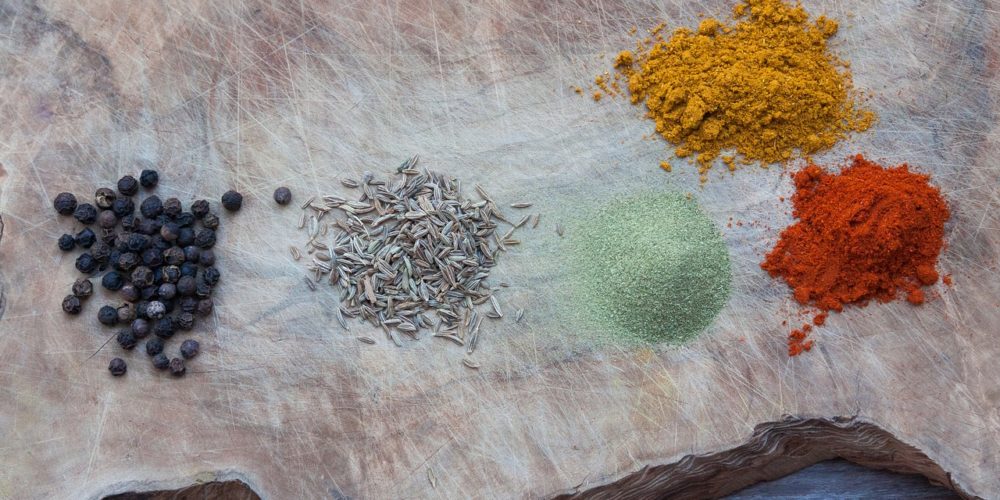Is your culture really yours?

I spent some time at a holiday location in December, and I thought it would be interesting to engage some friends in a digital guessing game. I sent them selected photos of my locale; they were then to submit guesses of where on earth I might be.
These were the pictures I took and submitted: Peroni and Corona beers; a marina with fancy yachts anchored in it; a home where the front door is accessed by boat; a bowl of sashimi; a screenshot showing internet speeds of 85 Mbps.
The guesses ranged from Hong Kong to the Mediterranean to Mexico to Fiji.
And the grand reveal was? I was stationed right here in Kenya, in Mombasa. All those things are very much part of our own delightfully diverse country. The internet speeds confused the situation; and yet they too were real and local.
I happened to be reading a pertinent book on the beach at the time of my little experiment: Sapiens, by Yuval Noah Harari, definitely one of the most thought-provoking books I have picked up recently.
One of the most interesting chapters concerned ‘authentic’ cultures, about which the author has this to say: ‘If by ‘authentic’ we mean something that has developed independently, and that consists of ancient local traditions free of external influences, then there are no authentic cultures left on earth. Over the last few centuries, all cultures were changed almost beyond recognition by a flood of global influences.’
Consider the example of what we think is ‘ethnic’ cuisine. Indian cuisine is all about hot and spicy food, right? Italian cooking is famous for tomato-centred pasta dishes. The Irish are known for their love of potatoes. The Swiss we honour for their superb chocolates. Argentina is the home of the best steaks. Correct?
Here’s the kicker: none of those foods originate in those nations. Tomatoes, chilli peppers and cocoa are all Mexican in origin. They only reached Europe and Asia after the Spanish invaded Mexico and opened it up. Famous Italians of yore, like Julius Caesar, say, never tasted tomatoes in their spaghetti. The Irish have enjoyed their potatoes for fewer than 400 years. Argentina had not seen a cow in 1492. Indians were eating very mild food before the Portuguese arrived bearing hot chillis.
As global trade grew, ever-tightening links between nations blended people, food and art to the extent that we would now find it difficult to sift out the authentic from the adopted. A child in Britain today would find the curry an essential national dish – and chicken tikka masala is more likely to feature on the average Briton’s weekly menu than shepherd’s pie.
Here in Kenya we have all the global influences at play. You might well think samosas and chapatis are African – but they washed up on our shores from Asia, via successive waves of Indian immigrants. The Kenyan coast is a veritable stew of multiple influences; its food dishes, dresses, music – even its religions – have come from many diverse foreign shores.
The corollary is this: those cultures that stay in suspension, that resist mixing, that are geographically isolated are often the most backward. The indigenous people of Australasia, for example, cut off from the rest of world for centuries, never experienced even the basic transition from hunting and gathering to agriculture. Australia’s collective brain only grew when it connected with the rest of the world.
There is a lesson here for those of us who insist on cultural ‘purity’. There is actually no such thing. We are pretty much all mongrels and the offspring of immigrants. And we are better off for it. Human societies develop when they learn to exchange and interact with others. That exchange involves foodstuffs and recipes, ideas and inventions, art and crafts, genes and bloodlines. Those who foam at the mouth protecting their racial and cultural integrity are labouring under delusions. We are all mixed up, and we are richer as a result.
This is not, of course, a call for free-for-all immigration or intermarriage, or frictionless trade. These blendings have taken centuries to accomplish, sometimes amidst great bloodshed, and speeding them up artificially is not always the best idea. We must learn to discern and not import junk or invite bad practice. The best stews come from gentle simmering, not from a rushed whisking of ingredients. But the next time you start thumping your chest about ‘your’ identity, take a deeper look at your language, your attire, your cuisine and your songs. Your good friend Google may reveal the extent of your appropriation.
(Sunday Nation, 21 January 2018)

Buy Sunny Bindra's new book
The X in CX
here »
Popular Posts
- Why your mother was right about your anxietyOctober 12, 2025
- The balance sheet that mattersOctober 5, 2025
- Use AI, but don’t lose youOctober 19, 2025
- You are who you hang out withSeptember 28, 2025
- Born knowing the waySeptember 21, 2025















